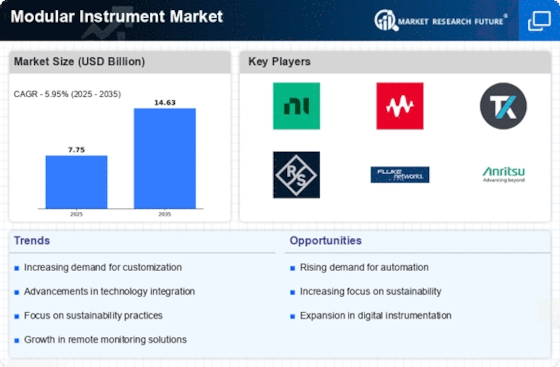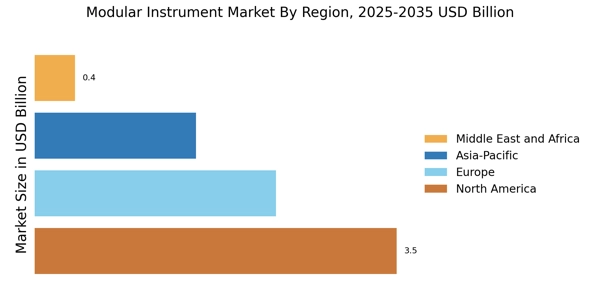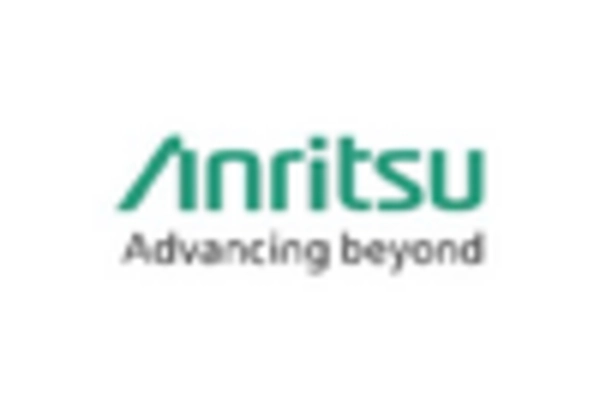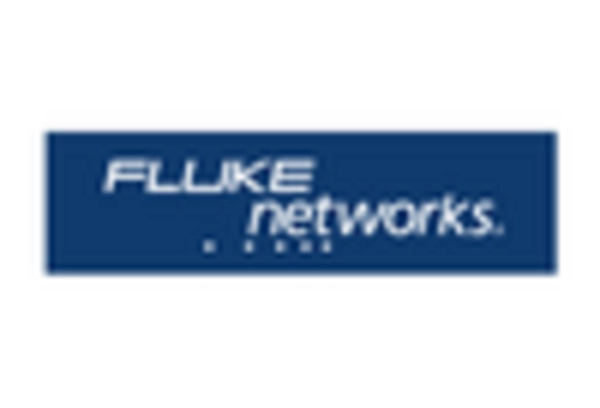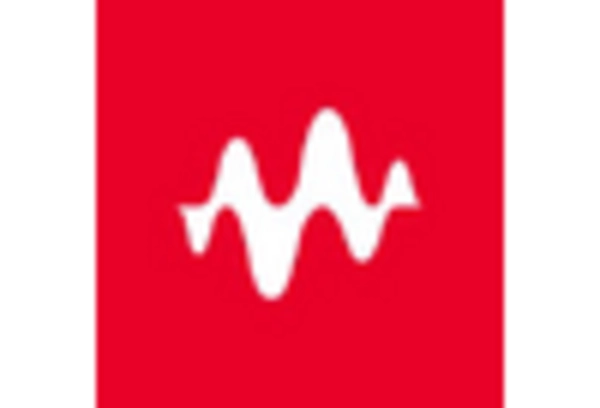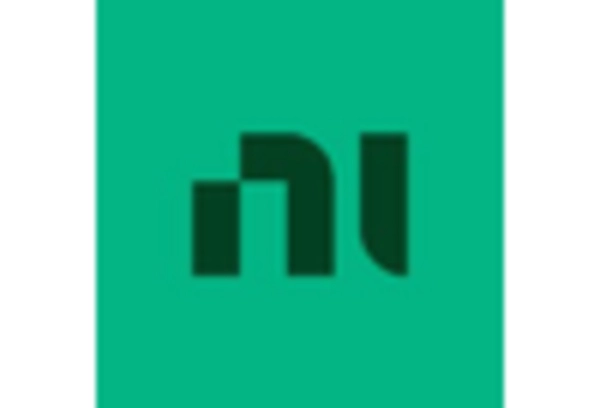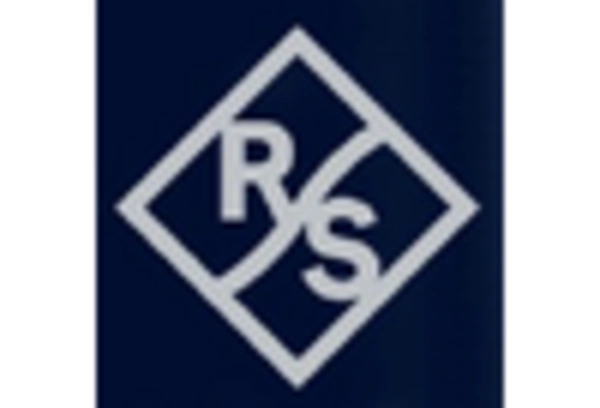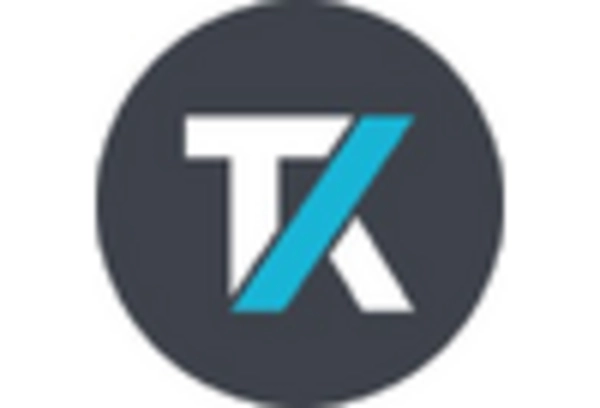Increased Focus on Cost Efficiency
Cost efficiency remains a pivotal driver in the Modular Instrument Market, as organizations seek to optimize their operational expenditures. Modular instruments provide a cost-effective solution by allowing companies to invest in only the necessary components, thereby reducing initial capital outlay. This approach is particularly beneficial for small and medium-sized enterprises that may have limited budgets. Furthermore, the modular design facilitates easier maintenance and upgrades, which can lead to long-term savings. Recent analyses indicate that businesses utilizing modular instruments can achieve up to a 30% reduction in operational costs compared to traditional systems. This financial incentive is likely to propel further adoption of modular solutions across various sectors.
Rising Adoption of Modular Systems
The Modular Instrument Market is experiencing a notable shift towards modular systems due to their inherent flexibility and scalability. Organizations are increasingly recognizing the advantages of modular instruments, which allow for easy upgrades and customization. This trend is particularly evident in sectors such as telecommunications and aerospace, where rapid technological advancements necessitate adaptable solutions. According to recent data, the modular instrument segment is projected to grow at a compound annual growth rate of approximately 8% over the next five years. This growth is driven by the need for efficient resource management and the ability to respond swiftly to changing market demands, making modular systems an attractive option for businesses aiming to enhance operational efficiency.
Regulatory Compliance and Standards
Regulatory compliance is becoming increasingly critical within the Modular Instrument Market, as organizations strive to meet stringent industry standards. Various sectors, including pharmaceuticals and environmental monitoring, are subject to rigorous regulations that necessitate the use of compliant modular instruments. These instruments not only ensure adherence to safety and quality standards but also facilitate efficient data collection and reporting. The growing emphasis on compliance is driving manufacturers to innovate and develop modular solutions that meet these requirements. Consequently, the market is likely to see a rise in demand for modular instruments that are designed with compliance in mind, potentially leading to a market expansion valued at several billion dollars in the coming years.
Technological Advancements in Instrumentation
The Modular Instrument Market is significantly influenced by ongoing technological advancements that enhance the capabilities of modular instruments. Innovations such as the integration of artificial intelligence and machine learning are enabling more sophisticated data analysis and automation. These advancements not only improve the performance of modular instruments but also expand their application across various industries, including healthcare and manufacturing. The market is witnessing an influx of smart modular instruments that offer real-time monitoring and diagnostics, which are essential for maintaining competitive advantage. As a result, the demand for technologically advanced modular instruments is expected to rise, potentially leading to a market valuation exceeding USD 5 billion by 2026.
Growing Demand for Remote Monitoring Solutions
The Modular Instrument Market is witnessing a surge in demand for remote monitoring solutions, driven by the increasing need for real-time data access and analysis. Industries such as energy, healthcare, and manufacturing are particularly focused on implementing modular instruments that support remote operations. This trend is largely influenced by the need for enhanced operational efficiency and the ability to monitor systems from diverse locations. The rise of the Internet of Things (IoT) has further accelerated this demand, as modular instruments equipped with IoT capabilities can provide seamless connectivity and data sharing. As a result, the market for remote monitoring modular instruments is expected to expand significantly, with projections indicating a growth rate of over 10% annually.

